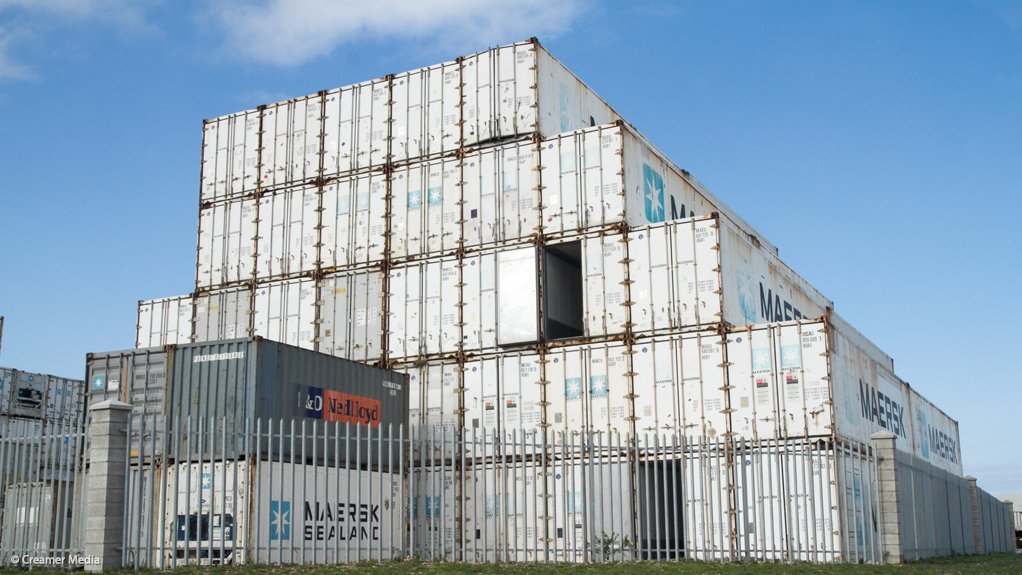Rather than adopting piecemeal export strategies that are not aligned with their neighbours, Southern African countries should collaborate and cooperate in the field of export promotion and supply chain to exploit existing and potential “complementaries”, Southern Africa Shippers and Logistics Council CEO Brenda Horne-Ferreira has argued.
“Africa is still too small to drive export growth as individual countries . . . [we] have to combine [our] resources, production, logistics infrastructure and services.
“If Southern African countries cooperate in the production of exports, we can create a regional ‘factory’ . . . [characterised by] production chains that cross over borders and plug the region into global markets by combining resources,” she told representatives of the various industry export councils and representatives of the Department of Trade and Industry (DTI) on Wednesday.
The punted regional approach would first, however, need to address fundamental “macro-initiatives”, eliminating anti-export bias and ensuring policies, such as trade, fiscal, competition, labour markets, and exchange rates, supported a productive regional investment environment.
Trade-related costs would also need to be reduced to lessen the financial impact of “backbone” services and inputs, such as energy, telecommunications, transport and logistics and customs fees.
The impact of not adopting such a regional approach, she cautioned, could dent Southern Africa’s international competiveness and reduce the pool of medium-sized exporters owing to a lack of innovation to drive export growth.
“This will result in fewer new products and no incentive to innovate,” she held.
Noting that global supply chains – not only products – competed on an international level, she said the cost and efficiency of transport and logistics remained a key component of any export strategy and legislation.
All-inclusive, innovative, collaborative, public–private, stakeholder advocacy and cooperation across all modes of transport in the region was a crucial link in the total supply chain and to promote export trade.
Aggregation across the regional supply chain, she advanced, should include a debate over regional trade policy, rules, processes and procedures; planning and implementation; infrastructure provision; as well as tariffs, the user-pays principle, surcharges and levies.
Highlighting areas of growth considered vital to accelerating regional exports and enhancing the region’s global competitiveness, Horne-Ferreira argued for the promotion of greater competition in domestic markets by medium-sized companies, the improved facilitation of innovation and the repair and roll-out of infrastructure, which would resolve bottleneck issues and cut the cost of road, port and rail freight.
“A key enabler of enhanced regional cooperation is also the establishment and upgrade of key transport corridors, which require high-level political support and public–private partnership,” she said.
Horne-Ferreira added that an integrated regional approach would be required were the DTI to meet the objectives of its draft Integrated National Export Strategy, which looked to grow South African exports by 6% a year and capture 1% of total world exports by 2030.
It also aimed to grow the exports of manufactured products by 7% a year so that these products constituted 40% of total manufacturing output by 2030.
EMAIL THIS ARTICLE SAVE THIS ARTICLE
To subscribe email subscriptions@creamermedia.co.za or click here
To advertise email advertising@creamermedia.co.za or click here











